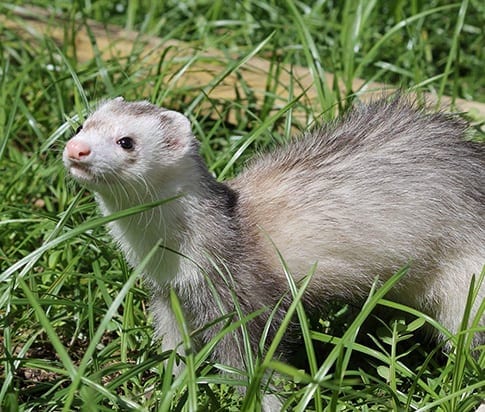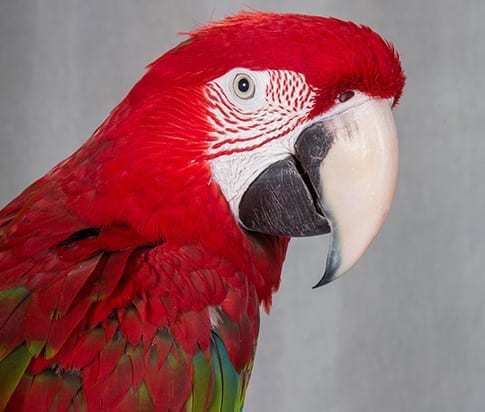Advanced Exotic Pet Surgery
It can be challenging to imagine surgery for some of the smallest creatures. So many exotic pets are small, even tiny, with different anatomies and physiologies that would make surgery all the more difficult. Right you are, but at Texas Avian & Exotic Hospital in Grapevine, we have specialized equipment and an expert team who creates a surgical experience tailored to each species and individual pet. Yet, instead of leaving you to ‘trust the experts’, we want to help you understand the ways we minimize risk to make our exotic pet surgery the safest it can be.
We perform both soft tissue and orthopedic procedures, and there’s little our team can’t do!
Safe Anesthetic Protocol with Proper Intubation for Every Species
One of the biggest concerns about surgery, especially in exotic patients, is anesthesia. Whenever sedation is involved, there is some risk for your pet. Yet, the level of risk depends on a few things such as the administration of the anesthesia, the species-specific drugs chosen, proper patient monitoring, and the patient’s associated diseases. At our specialty animal hospital, we work out a unique anesthetic protocol for your individual pet to minimize any risks.
Elements we consider for anesthesia include:
- Size
- Weight
- Age
- Condition
- Species

To help maintain a consistent and predictable level of anesthesia, all patients that can be intubated, most certainly are. We have the expertise and specialized equipment to intubate some of the more fragile and difficult pets safely, including rabbits, chameleons, birds, and many more. Intubation refers to the breathing tube placed down the airway which delivers anesthesia in the most effective and controlled way possible. This procedure also enables staff to breathe for your pet if they require the assistance.
What’s more is that each pet is given a thorough pre-anesthetic exam and we highly encourage bloodwork for pets prior to surgery. In this way, we ensure your pet is healthy enough for the procedure and anesthesia.

Complete Monitoring Capabilities
Throughout your pet’s procedure, we don’t leave anything to chance. Everything that we can monitor, we do—and we have the specialized equipment to suit each and every species. One of our trained staff will strictly monitor your pet’s vitals from start to finish.
We watch:
- Blood pressure
- Blood-oxygen levels
- ECG (heart rhythm)
- Respiratory rate
- Continuous body temperature
- And more
For any pet who needs overnight hospitalization, we offer 24-hour monitoring by trained staff so your pet is never left alone.
Elective Alterations:
Spaying & Neutering
While neutering isn’t quite as common for exotic species as it is for dogs and cats, it does have its benefits. Neutering is an elective procedure that can be performed on numerous species to fit the specific needs of the patient and client. It is typically done for a medical benefit such as preventing certain cancers or conditions related to the reproductive system. For example, did you know there is up to an 80% incidence of uterine cancer in intact rabbits over the age of 5? Neutering can also produce some behavioral benefits, such as reduced aggression and territorial behaviors (urine spraying), although this is less certain as every pet is different.
Pain Management
We never want any pet to be in pain. Not only is it uncomfortable but pain slows the healing process by causing stress. Just like our exact protocol for anesthesia, we have the same precision for pain management. We use a multimodal analgesic approach, meaning your pet receives pain medication before, during, and after the procedure via an appropriate drug combination to address multiple receptors of pain in the body.

Contact Us for More Info
If you are considering exotic pet surgery, and want to learn more about what we can do, please don’t hesitate to get in touch today!
